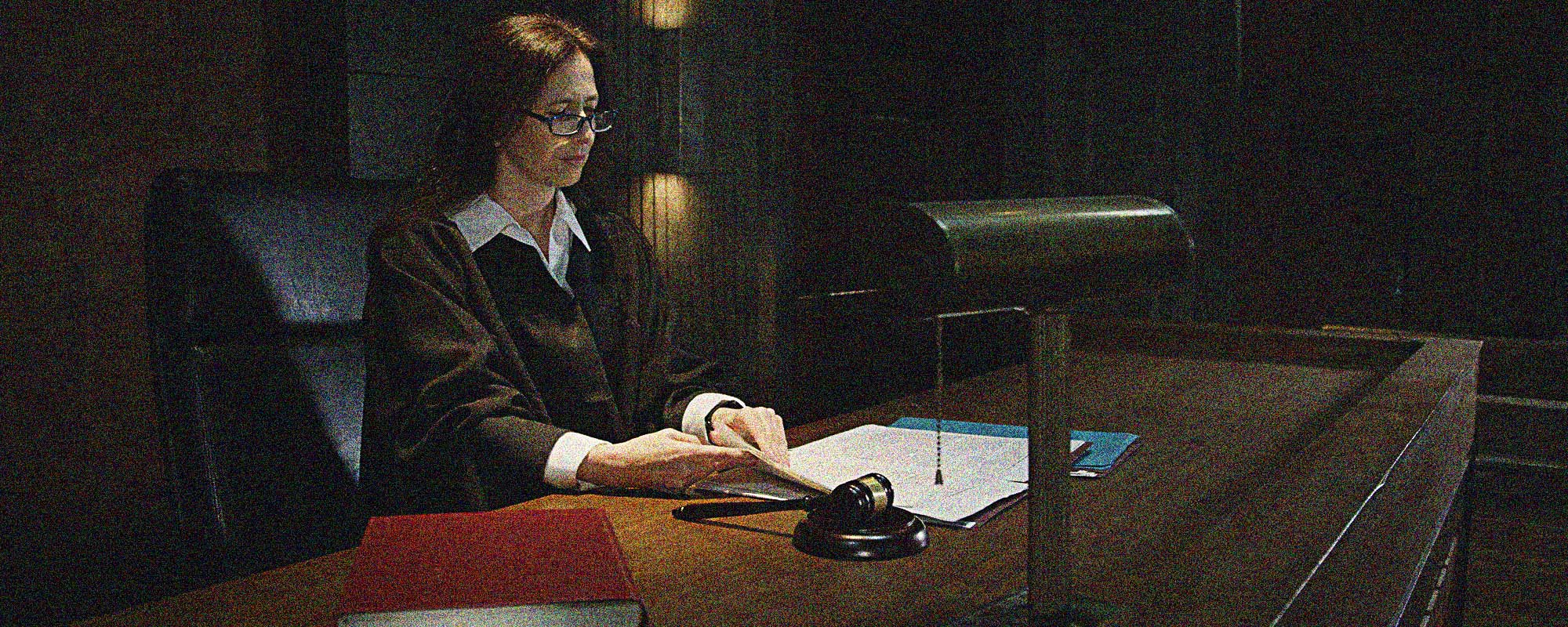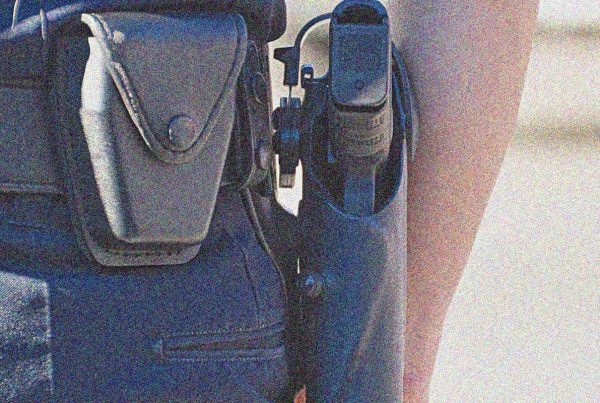The CCLA has been granted leave to intervene before the Supreme Court of Canada in EPS v. McKee and will appear before the Court on October 8, 2025. This case concerns what information about police misconduct in the possession of the Crown must be disclosed to an accused person before their trial. In a criminal case, the Crown must disclose all information in its possession to the accused that is not clearly irrelevant, legally privileged, or otherwise prohibited by law. This ‘duty to disclose’ is part of the accused’s constitutional right to make full answer and defence. The CCLA will submit this rule applies with equal force to police misconduct information.
The CCLA will also ask the Court to follow past precedent by affirming a case-specific and fact-dependent approach in every case to determine what police misconduct information should be disclosed. There should not be a closed or restricted list of the type of disclosable information. For example, a prior finding that a police officer falsified notes could be relevant to a case where their truthfulness is in issue. Or a prior finding that a police officer engaged in excessive force could be relevant in a case where the defendant alleges the officer was the aggressor in their encounter.
You can read our factum here.
The CCLA is grateful for the excellent pro bono representation of Chris Rudnicki and Theresa Donker of Rudnicki & Company. We are also grateful to Catherine Ouellet of Gowling WLG for their pro bono agent services.
About the Canadian Civil Liberties Association
The CCLA is an independent, non-profit organization with supporters from across the country. Founded in 1964, the CCLA is a national human rights organization committed to defending the rights, dignity, safety, and freedoms of all people in Canada.
For the Media
For further comments, please contact us at media@ccla.org.





